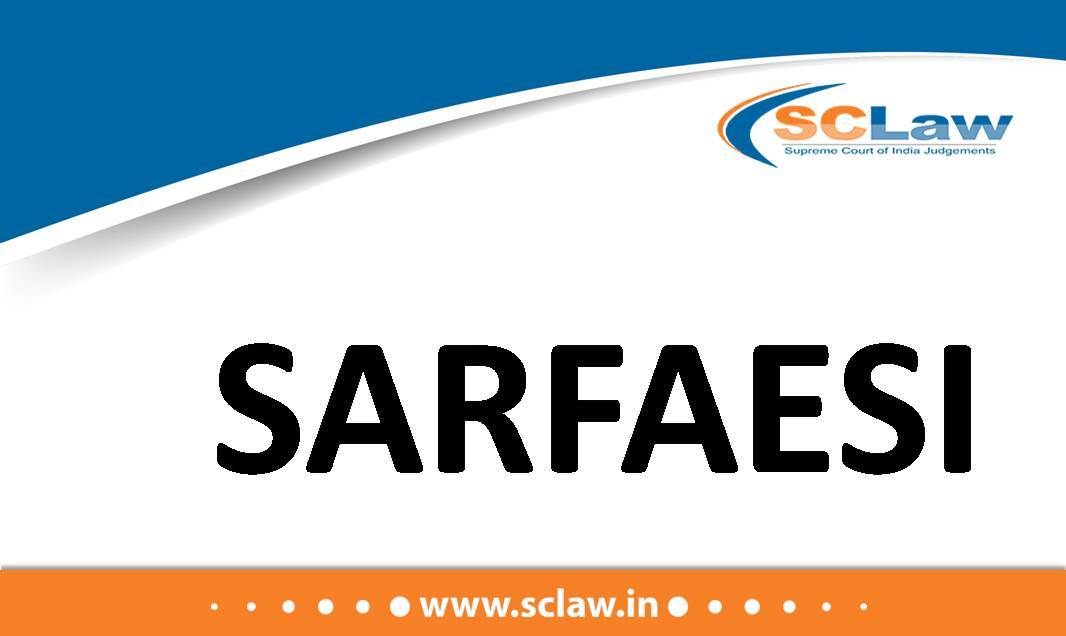Cryptocurrencies Capable Of Performing Most Functions Of Real Money Though Not Legal Tender : SC Ban lifted.
Cryptocurrencies Capable Of Performing Most Functions Of Real Money Though Not Legal Tender : SC [Read Judgment] LIVELAW NEWS NETWORK 4 March 2020 6:44 PM In the judgment quashing the Reserve Bank…







